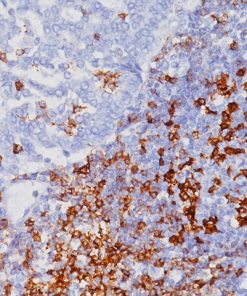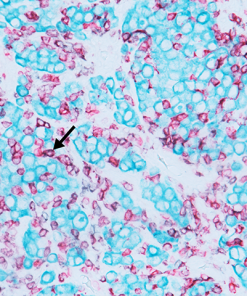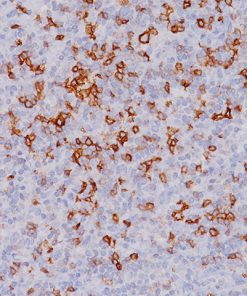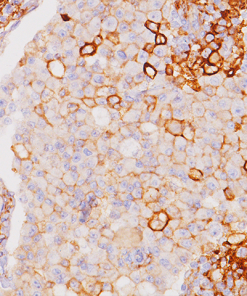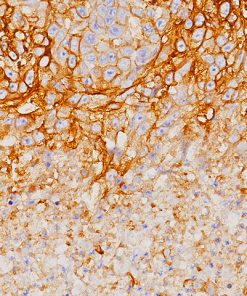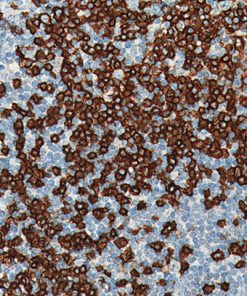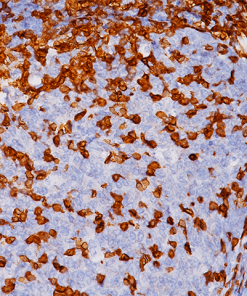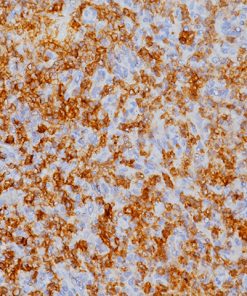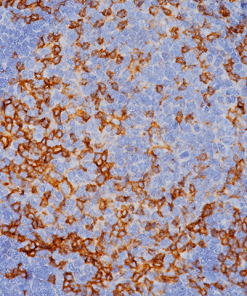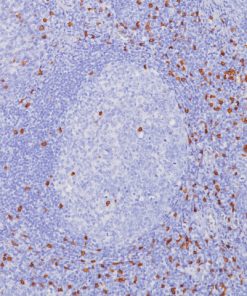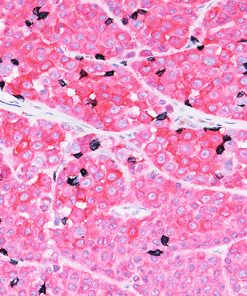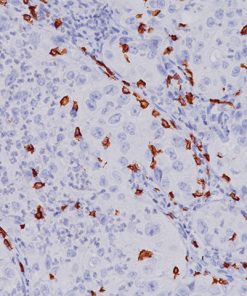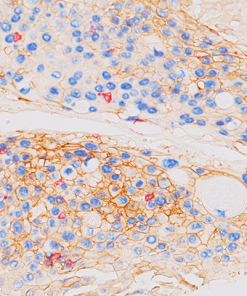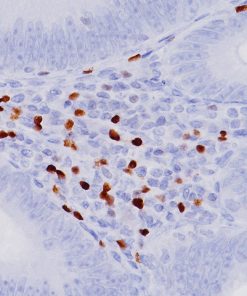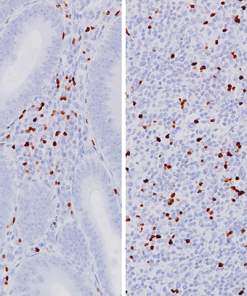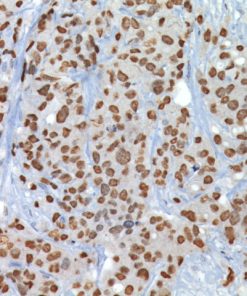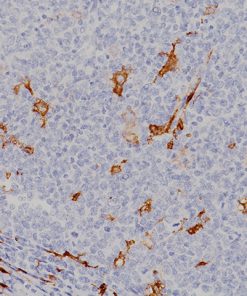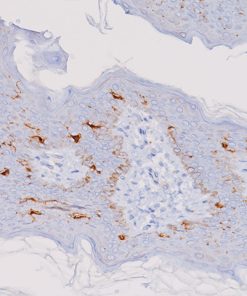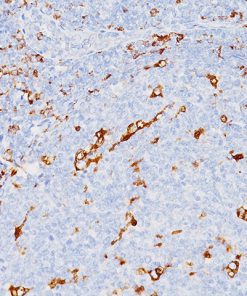
What is Immunotherapy?
Immunotherapy, also called biologic therapy or biotherapy, is a type of treatment designed to boost the body’s immune system to fight diseases, including cancer. It stimulates and awakens one’s own defense system to improve, target, or restore immune system function. In the last few decades, immunotherapy has become an important part of treating some types of cancer. Newer types of immune treatments are now being studied, the results of which will impact how cancer is treated in the future. View Biocare’s full line of immunotherapy antibodies for IHC below.
Why Immunotherapy…
Immunotherapy, also called biologic therapy or biotherapy, is a type of treatment designed to boost the body’s immune system to fight diseases, including cancer. It stimulates and awakens one’s own defense system to improve, target, or restore immune system function. In the last few decades, immunotherapy has become an important part of treating some types of cancer.
PD-L1
PD-1
FOXP3
IHC Immunotherapy Markers from Biocare
A new class of drugs that block PD-L1 or PD-1 are currently being used to treat certain cancers. PD-1, located on the T cell, interacts with PD-L1, found in the tumor, to negatively regulate immune responses. Identification of these targets may identify patients suitable for these groundbreaking treatments.
The common lymphoid progenitor stem cells develop into adaptive immune cells, known as B cells and T cells, and are responsible for immune responses. Most B cells are CD20+, while T cells are CD3+. Natural killer (NK) cells are also derived from the common lymphoid progenitor and are CD56+.
25ml
25ml
T cells further develop into sub-types that include cytotoxic, helper and regulatory categories. Cytotoxic T cells kill other cells and are CD8+, while helper T cells aid other immune cells and are CD4+, a subset that are GATA-3+. Regulatory T cells modulate the immune system and are CD4+, FOXP3+ and CD103+.
Bladder
Monocytes develop into macrophages, which coordinate immune responses, and express markers such as CD68 and CD163. Dendritic cells are an important antigen-presenting cell that also develop from monocytes and typically express CD1a.


